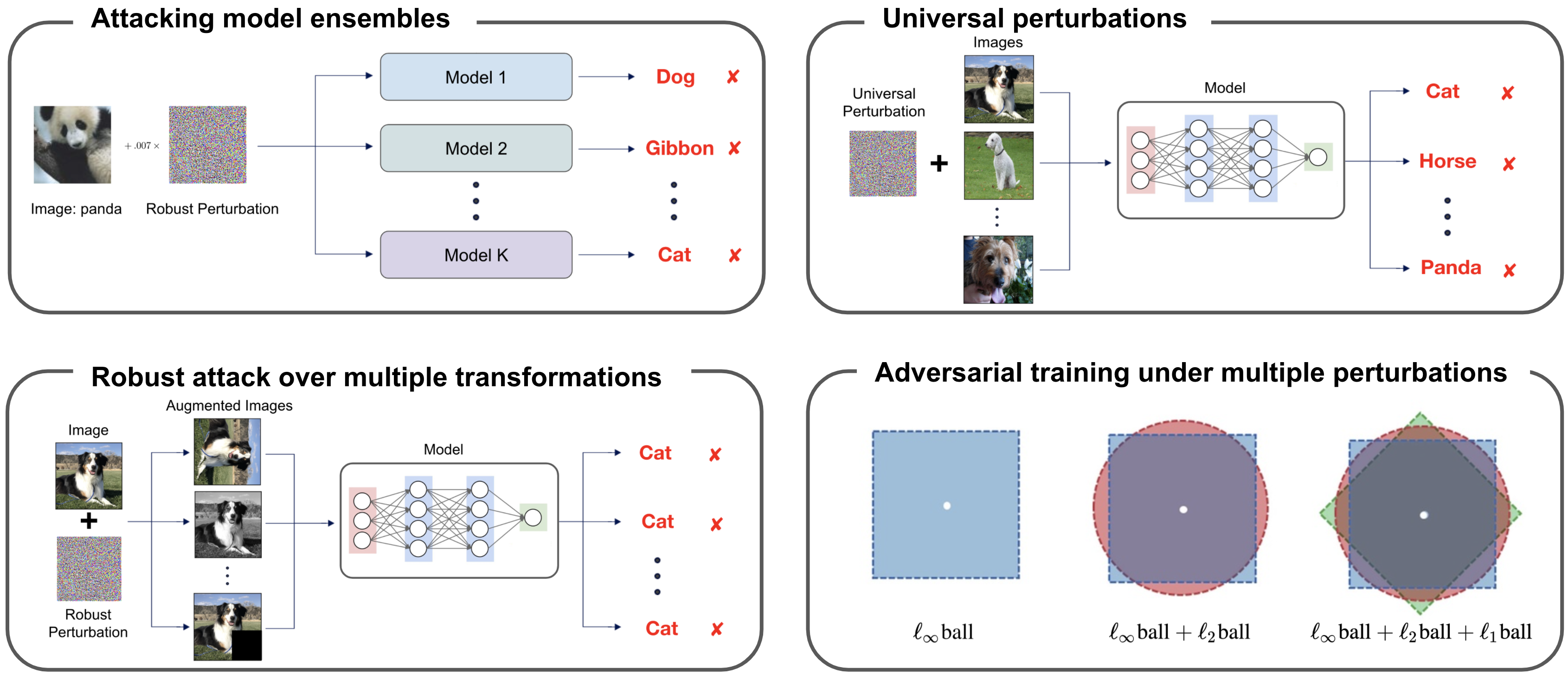Min-Max Optimization
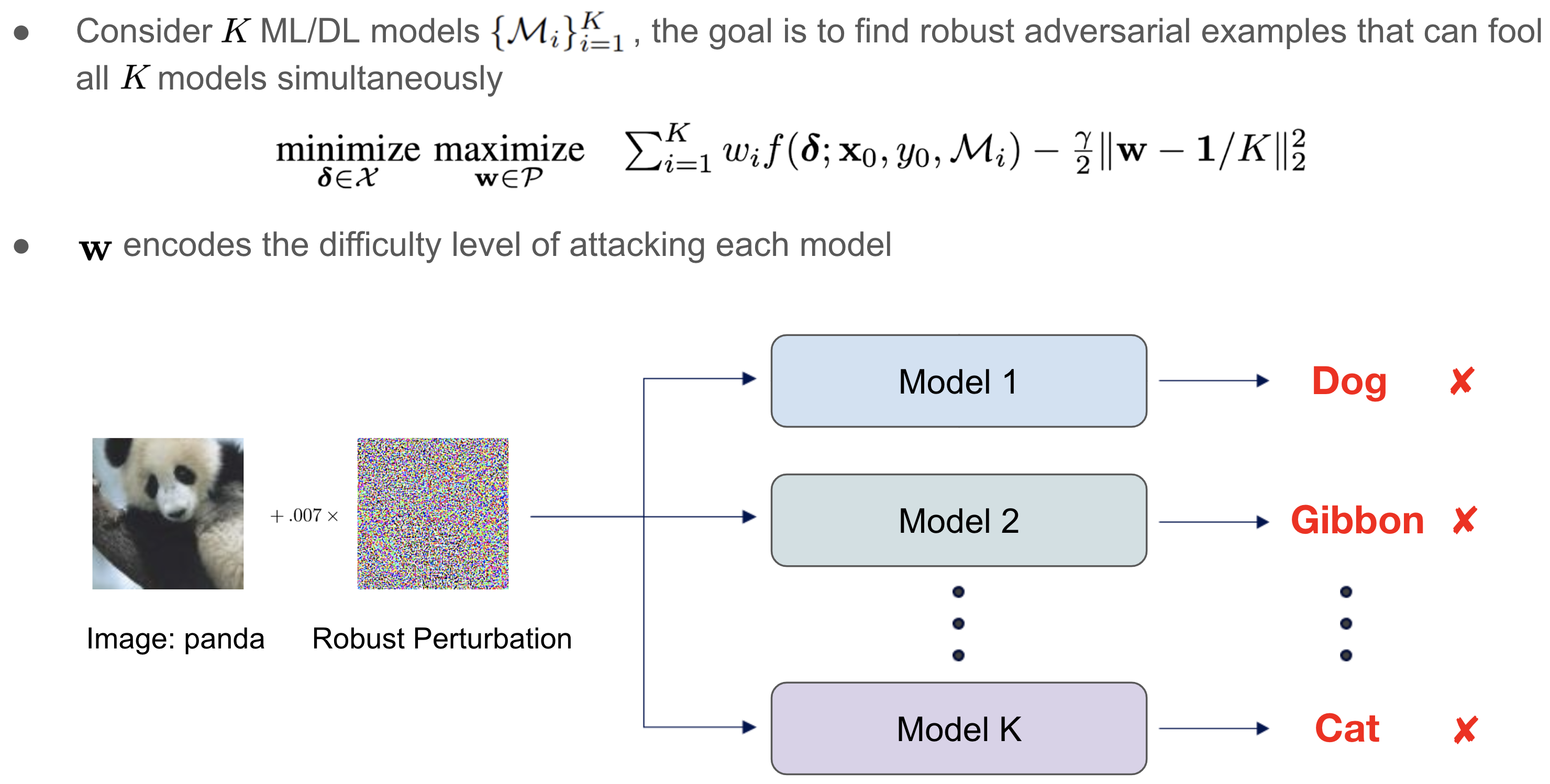
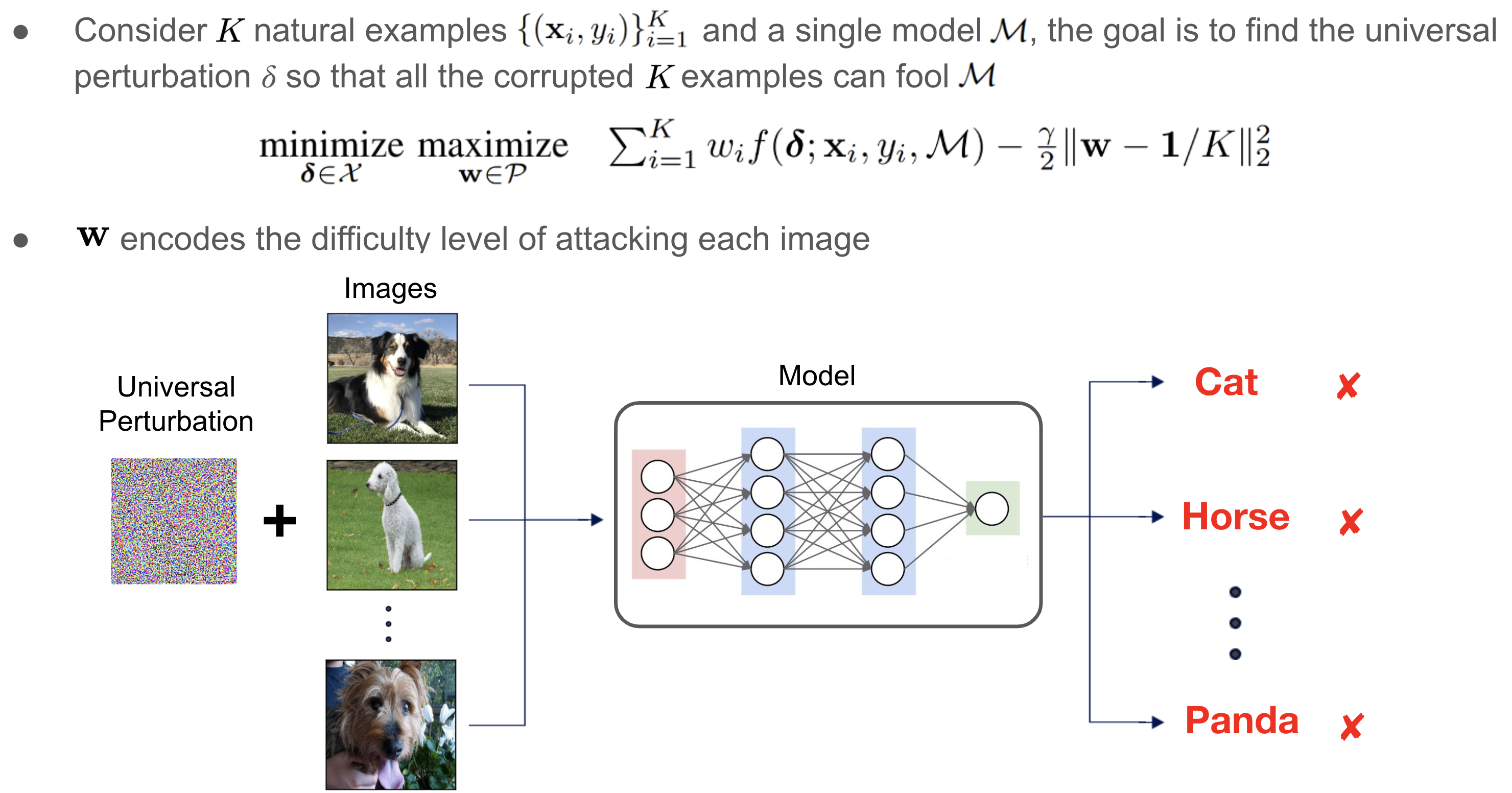
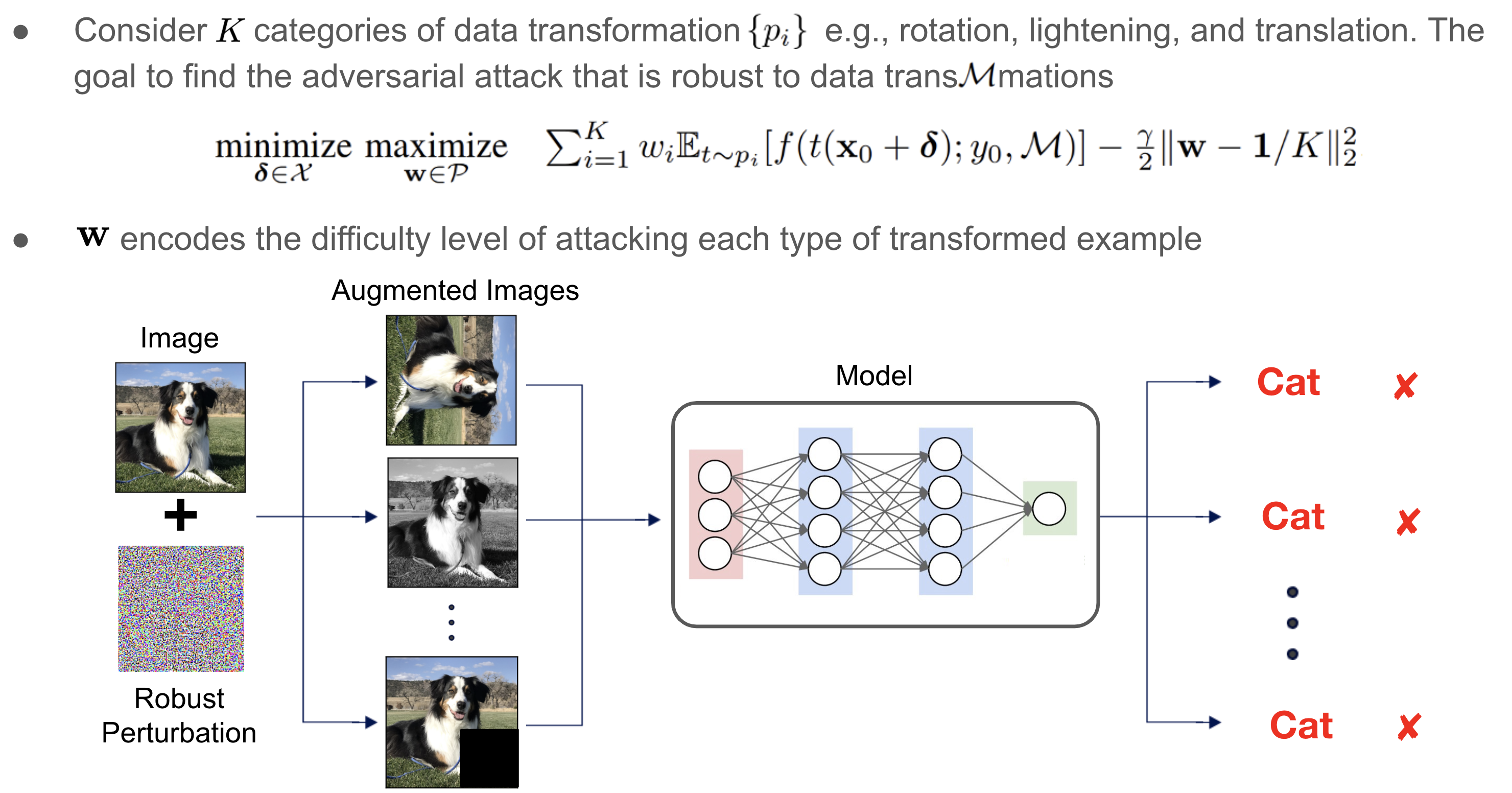
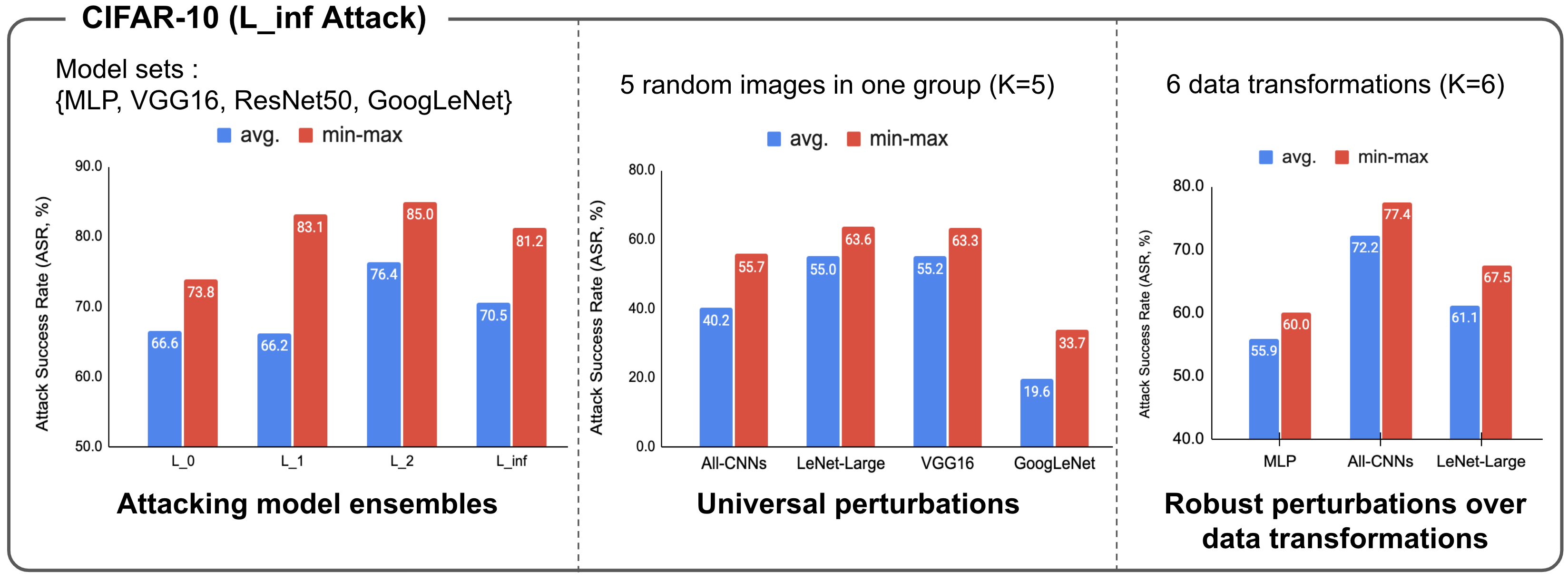
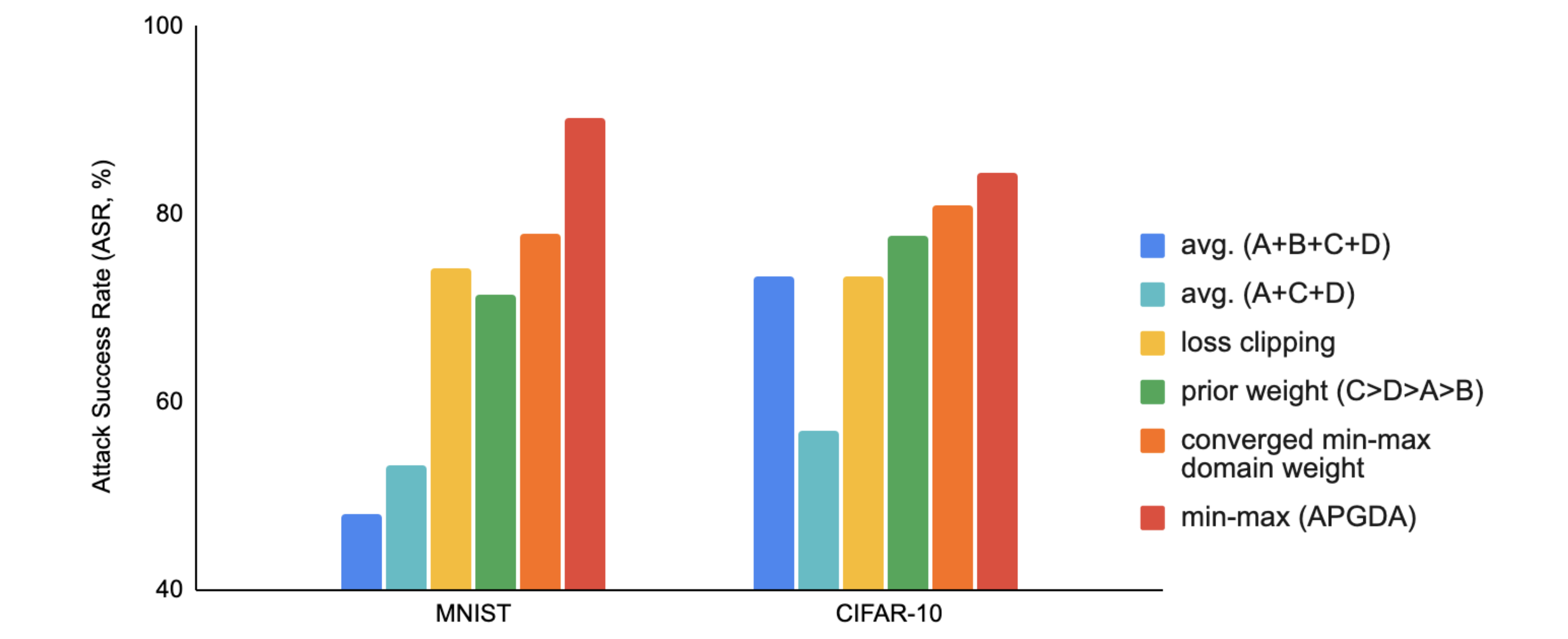
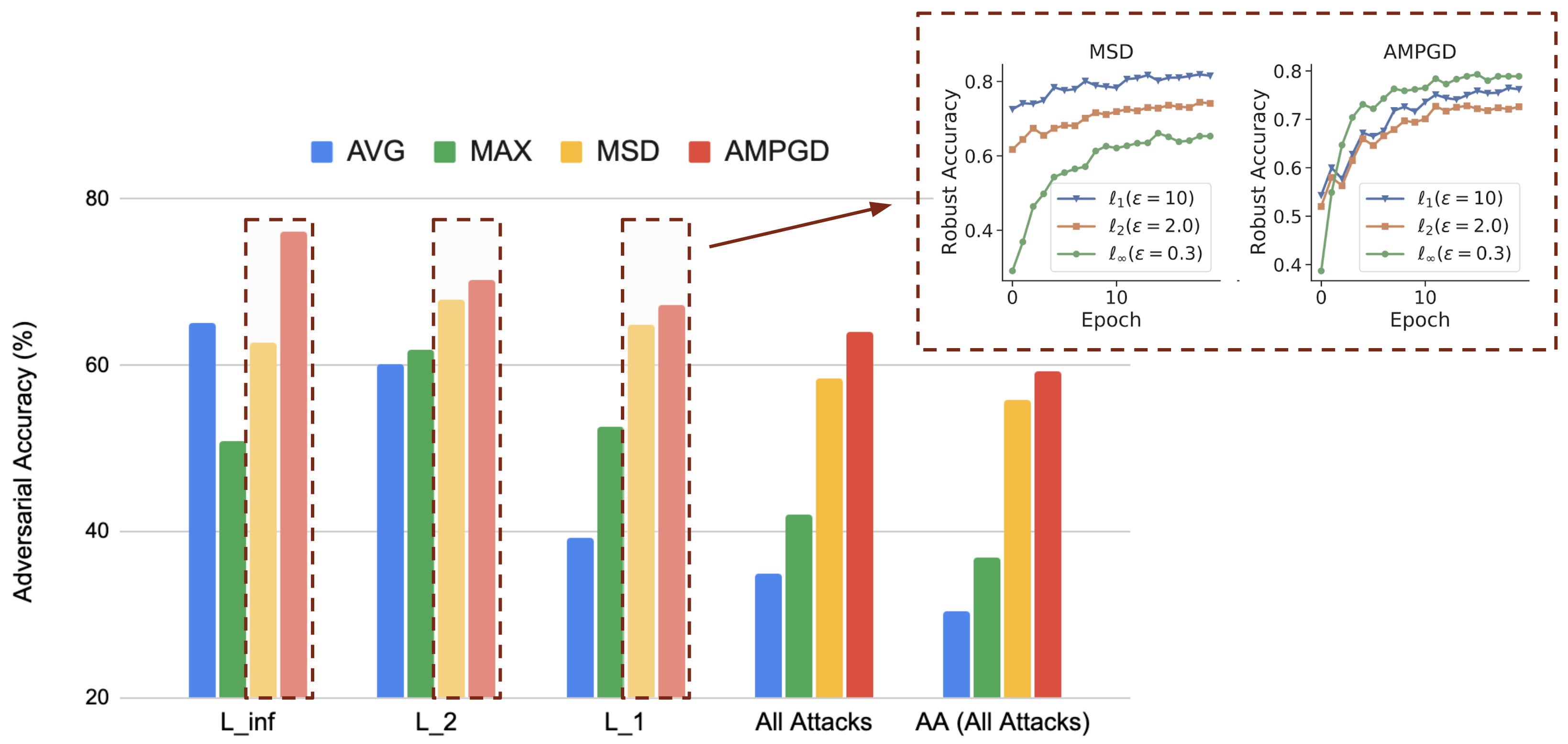

BibTeX
@inproceedings{wang2021adversarial,
title = {Adversarial Attack Generation Empowered by Min-Max Optimization},
author = {Jingkang Wang and Tianyun Zhang and Sijia Liu and Pin-Yu Chen and Jiacen Xu and Makan Fardad and Bo Li},
booktitle = {Thirty-Fifth Conference on Neural Information Processing Systems},
year = {2021},
url = {https://openreview.net/forum?id=xlNpxfGMTTu}
}
Text citation
Jingkang Wang, Tianyun Zhang, Sijia Liu, Pin-Yu Chen, Jiacen Xu, Makan Fardad and Bo Li. Adversarial Attack Generation Empowered by Min-Max Optimization. In Thirty-Fifth Conference on Neural Information Processing Systems (NeurIPS), 2021.
